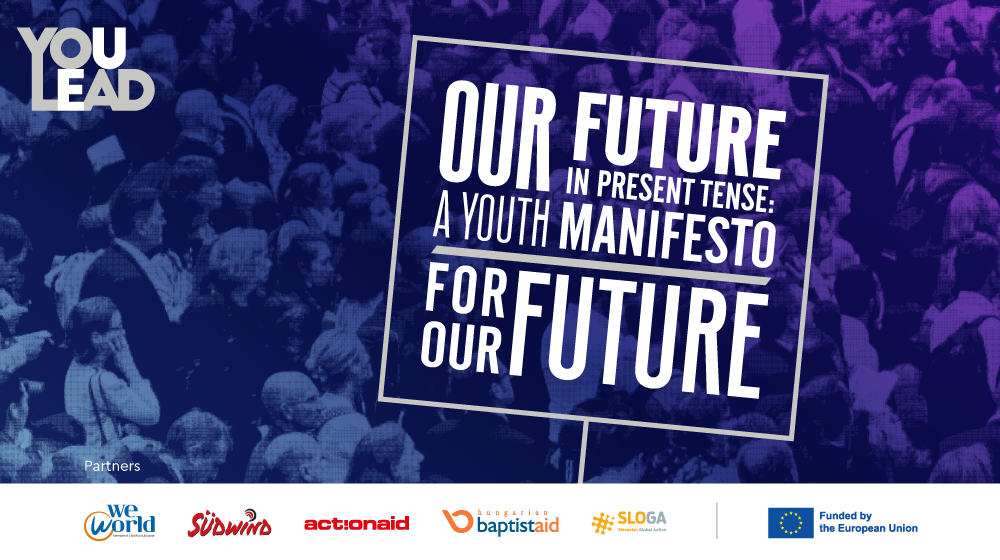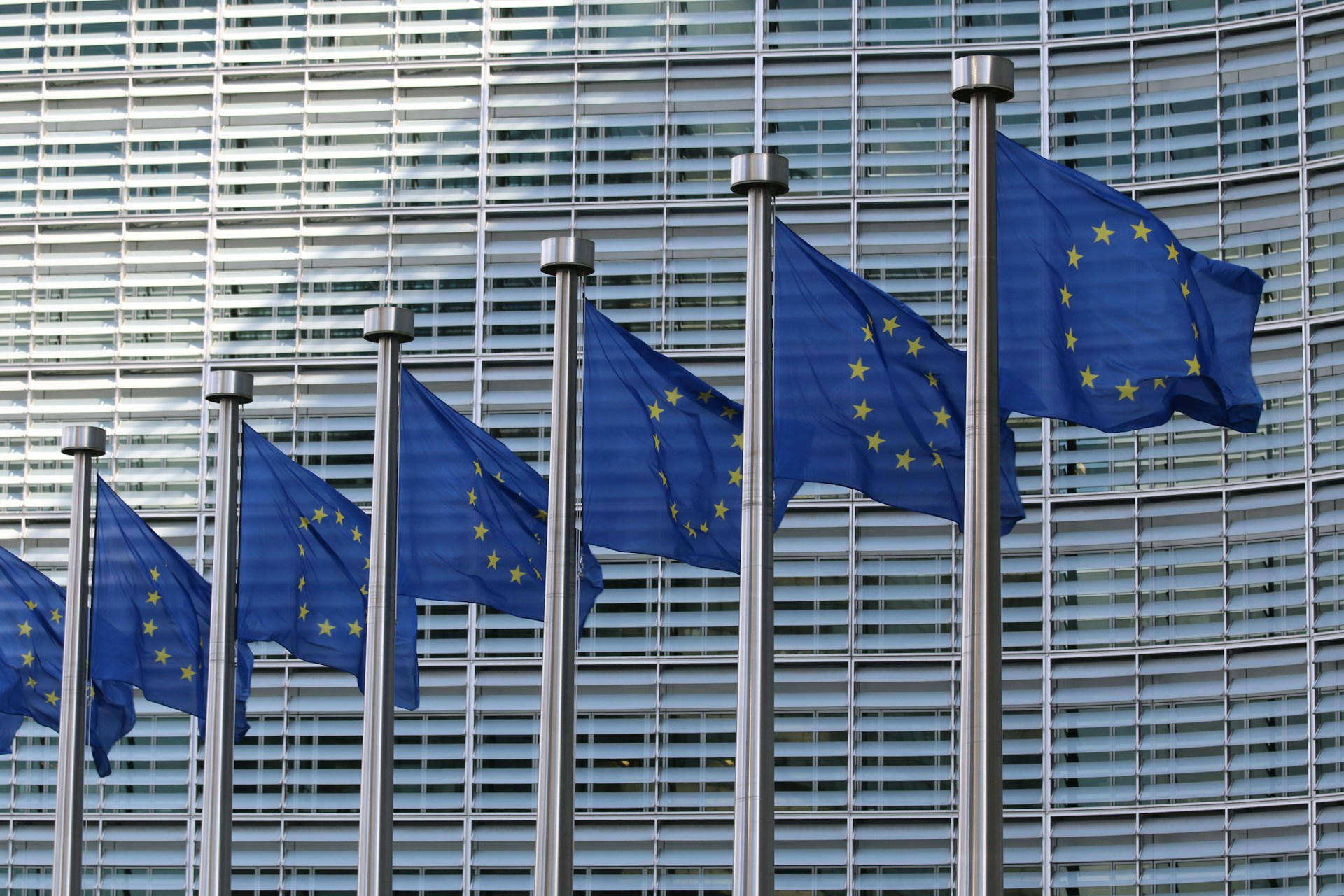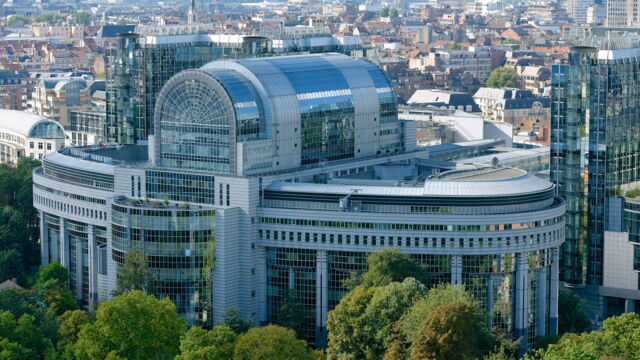By Dimitris Kouvaras,
For this article, I will assume a rather personal tone. Its conception starts with the memories from an amazing three days that I spent in Brussels recently, extends to my reason for being there -along with about 30 students from five countries-, while also touching upon one of the most pressing issues of our world: climate change. Since no perfectly logical structure would seem fit to accommodate this conglomerate of aspects, I apologize in advance for any perceived lack of coherence. However, my goal this time -contrary to many previous articles- is not an in-depth analysis of a pressing environmental and socio-political issue -which would require more than one article in itself- but an expression of gratitude and a personal testimony on that type of experiences, whose mind-set-changing potential far exceeds their limited duration. I am lucky to have had more than one in my life, but at this moment the floor belongs to the last.
Over the last few months, I have participated in a project titled YOULEAD, as part of a wider European programme on Citizens, Equality, Rights and Values (C.E.R.V.). It was comprised of students from Austria, Greece, Slovenia, Italy, and Hungary, under the auspices and responsibility of different NGOs, aiming at their political empowerment through training and engagement on matters relating to climate change, sustainability, and advocacy. It culminated with the trip to Brussels that inspired the title of this article and provided the incentive for choosing this topic. The initiative focused on producing a Manifesto, which was presented to officials in Brussels, at some of the core institutions of the European Union. Its thematic was, of course, the perplexing issue of climate change, as well as the vision that we, as the European youth, hold dear about our -apparently uncertain- future.

What I found most fascinating about this experience was its enriching potential, which emerged from the spontaneity of contact with people from diverse backgrounds. The awkwardness and hesitation of the first minutes soon transitioned into a desire for contact and exchange, be it through grimaces, nods, words, or gestures. In this case, I had met none of other students and organisers anywhere but in Zoom, which could barely justify me saying that I knew them beforehand. Age difference -as I was the oldest person in the group by at least two years- was also a factor of concern at first, which made me a bit hesitant. However, none of this turned out to matter or impose a barrier on communication. Everybody ended up feeling comfortable in the company of the rest, laughing, teasing, and discussing things ranging from food and clothes to national politics.
Such interaction I consider to be of paramount importance in terms of countering stereotypes about other nationalities and elucidating the diversity of people and opinions. Through it, I found quite a lot of my perceptions to be false, or to be of lesser scope than expected. Besides that, it is also a great lesson not to misjudge people from the first impression and give everyone time to express themselves. Whoever might have appeared cold-faced at first glance, could turn out to be warm and emotional. Above all, though, it was the spontaneity of the interaction, its unbiased and undiluted character that made a difference. Perhaps, the short timeframe of the contact helped one self-sensor less and self-express more. The result was a truly impactful experience, as I can confirm by having caught myself getting emotional when it ended.
As for the thematic of the project, I was happy to encounter youth passionate about climate change and the way it affects each one of us. I admit that participation instilled in me a greater sense of responsibility, even about daily details, such as separating recyclable waste in the student accommodation where I live. Sometimes this might appear dull and tiresome, yet, giving it a second thought makes it clear which one is the way forward. The Manifesto developed included a variety of such possible actions, combined with a call for institutional change. Indeed, if one contemplates the matter, although much is done, it remains little compared to what is needed. The complexity of the modern world and the interplay of conflicting geopolitical and economic interests makes it all the more difficult for international coordinated action, or sometimes, any sort of climate action. Still, the issue remains with its consequences unforeseeable. This brings me to a political comment on the attention and reception given to such initiatives, which those of you who have read my articles know very well I couldn’t resist.

Contrary to the original plan, and not due to a lack of effort from the organisers’ part, we met with no MEPs. For some weird -or not so much- reason I expected that this would be the final turn of events. There seems to be always something more important and presumably more serious to be done or attended to by politicians. To a certain extent, this is understandable. On the other hand though, it begs the question of why such projects are institutionally supported if the very supporter -and financier, as an EU branch in this case- cannot deliver what should be their commitment against them. Clapping hands is nice and reassuring, but if it is not conducive to action it is rather void. Anyways, we did meet with one official, at least. He informed us about the decision-making process and the objective limitations of centralised EU power. He also promised to forward our manifesto to those really in charge, who might consider it in their legislative endeavours. I really hope that this will be the case, not necessarily as a blueprint -since it cannot match the detail and perplexity of legislative acts- but as a motivation and a reminder of what ground must be covered to reach the desired goal.
References
- Citizens, Equality, Rights and Values programme. The European Commission. Available here
- Our FUTURE in Present Tense: A Youth Manifesto. YOULEAD. Available here




